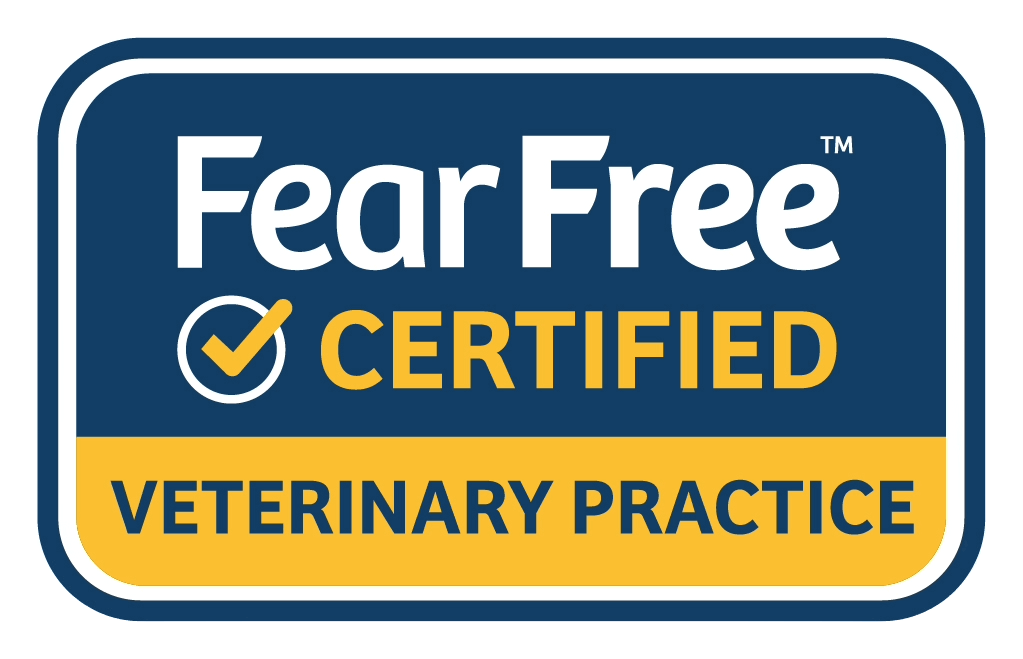How to Identify and Prevent Skin Cancer in Dogs
What kind of skin cancer can dogs get?
Dogs do get skin cancers, and there's a whole barrage of different ones that they can get, kind of similar to what you and I can get. They can get basal cell carcinomas, plasma cell tumors, hemangiosarcomas of the skin, and mast cell tumors, which are more specific to the canine and feline breeds. There are also melanomas, which are one of the different types of skin cancer that we do see in dogs.
What can I do to help prevent skin cancer in dogs?
Well, I don't know that you can prevent it entirely. Sometimes, it's unfortunately just genetically predisposed that your dog is going to get cancers, especially as they get older. They start acquiring diseases, and one of those is different types of lumps and bumps on their skin. We do know that dogs that like to sunbathe and have lots of solar exposure can have some types of skin cancer related to sunbathing.
Can I put sunscreen on a dog?
Great question. Technically, you can put sunscreen on a dog. We have some specific breeds like the Chinese Crested, which are primarily hairless, so we actually do encourage pet owners to put sunscreen on these pets. However, most dog owners should not put sunscreen on their pets because dogs lick themselves and can ingest a lot of sunscreen, which we do not recommend. So, no, you do not need to put sunscreen on your dog unless you've been specifically directed by your veterinarian, and we will usually discuss that product with you.
How common is skin cancer in dogs?
I mean, it is pretty common. We do see a lot of different types of skin nodules. Often, they're benign, so they're not technically cancer, but we do see a fair amount of mast cell tumors. Mast cell tumors are one of the more common skin tumors that we see in small animal practice. We also get plasma cell tumors and basal cell tumors, which are less common, but we do see them. Pretty rare, but seen, is the cutaneous or dermal hemangiosarcoma, which looks like bright blood blisters, often on dogs' bellies who've been laying in the sun a lot, increasing the risk of hemangiosarcoma on the skin.
Are certain dog breeds more prone to skin cancer than others?
Yes, unfortunately. We do see the Boxer breed having more cancer than any other breed. Boxers, pitbulls, maybe some German shorthaired pointers, and just short-haired dogs in general, especially those with light or diluted blue coats, seem to have increased solar exposure and, consequently, a higher risk of skin cancers. But pretty much any dog breed can have skin cancers.
Can tumors in dogs be removed, and what does that feel like for a dog?
Often, skin cancer on a dog is not something that really bothers them unless it's ulcerating and creating a secondary infection or wound. Most of the time, they're not doing that; they're just domed or covered with normal skin but may have lost hair. Sometimes, they can appear red or inflamed and then seem to disappear, which could be a mast cell tumor. Generally, they're not uncomfortable, but they can grow rapidly or ulcerate, causing discomfort. If you find a lump or bump, it's not uncommon, especially as they age. We encourage you to bring it up to your veterinarian, who can help determine if there's any concern. They might do an aspirate with a needle to examine it under a microscope or decide to remove it, possibly during a dental cleaning. Your veterinarian will guide you on what needs to happen if your dog is suspected of having skin cancer.
If you have questions, we would love to answer them for you. Please give us a call at the office at (615) 975-2583 , or you can email us at [email protected]. Our staff would love to talk with you!
Don't forget to follow us on social media Facebook, Instagram.


